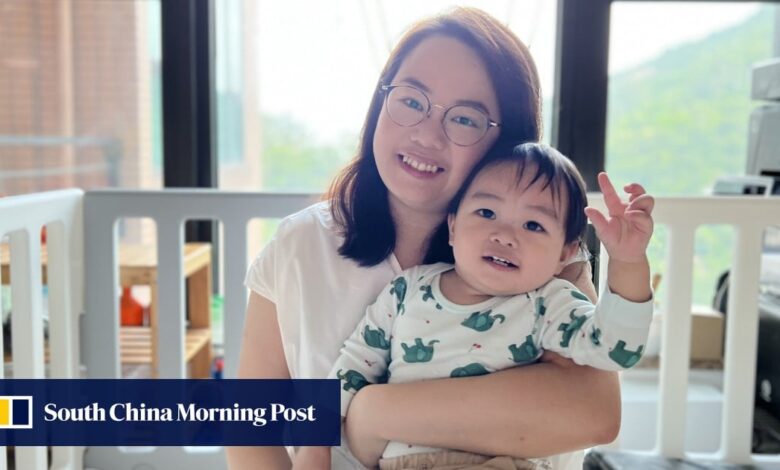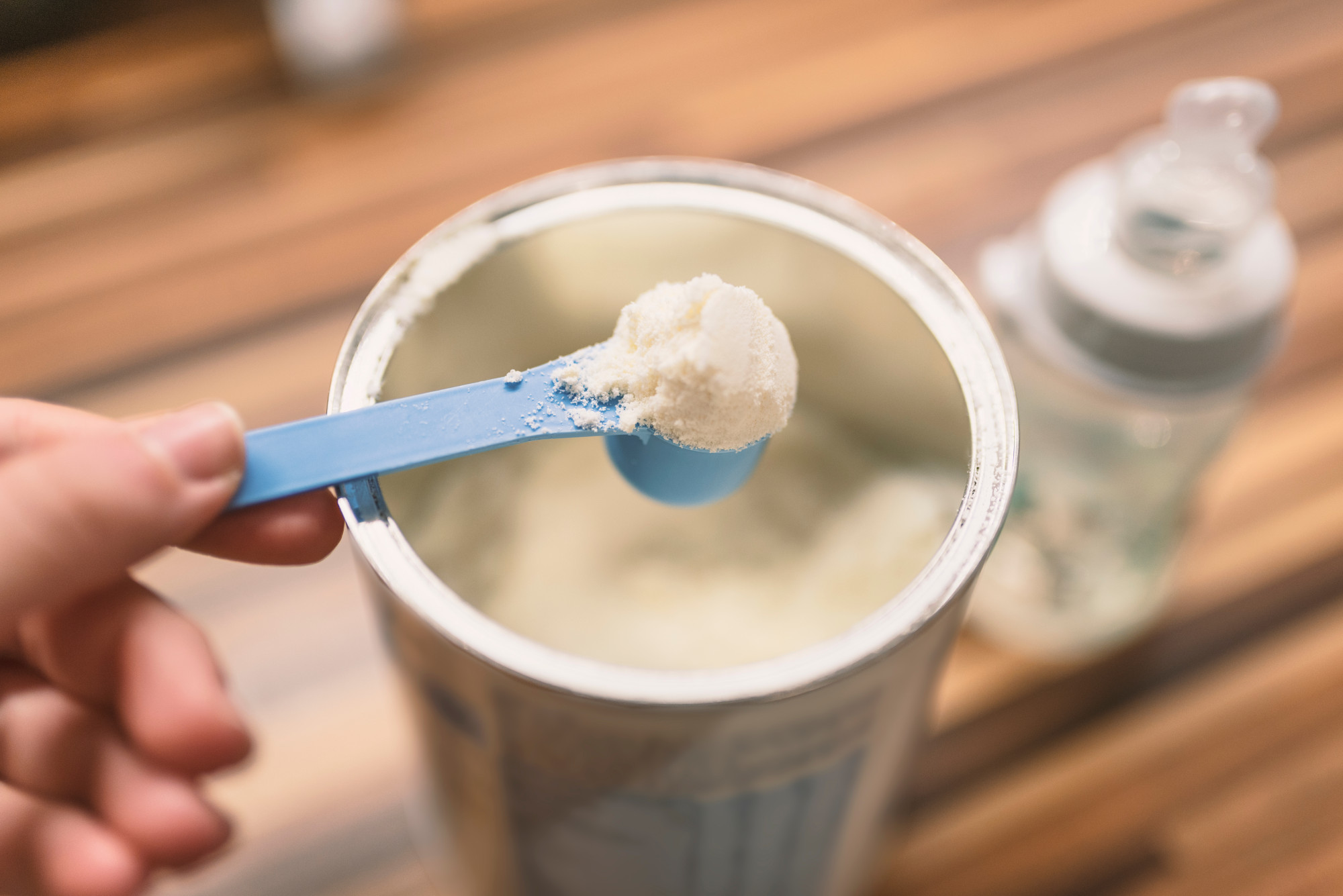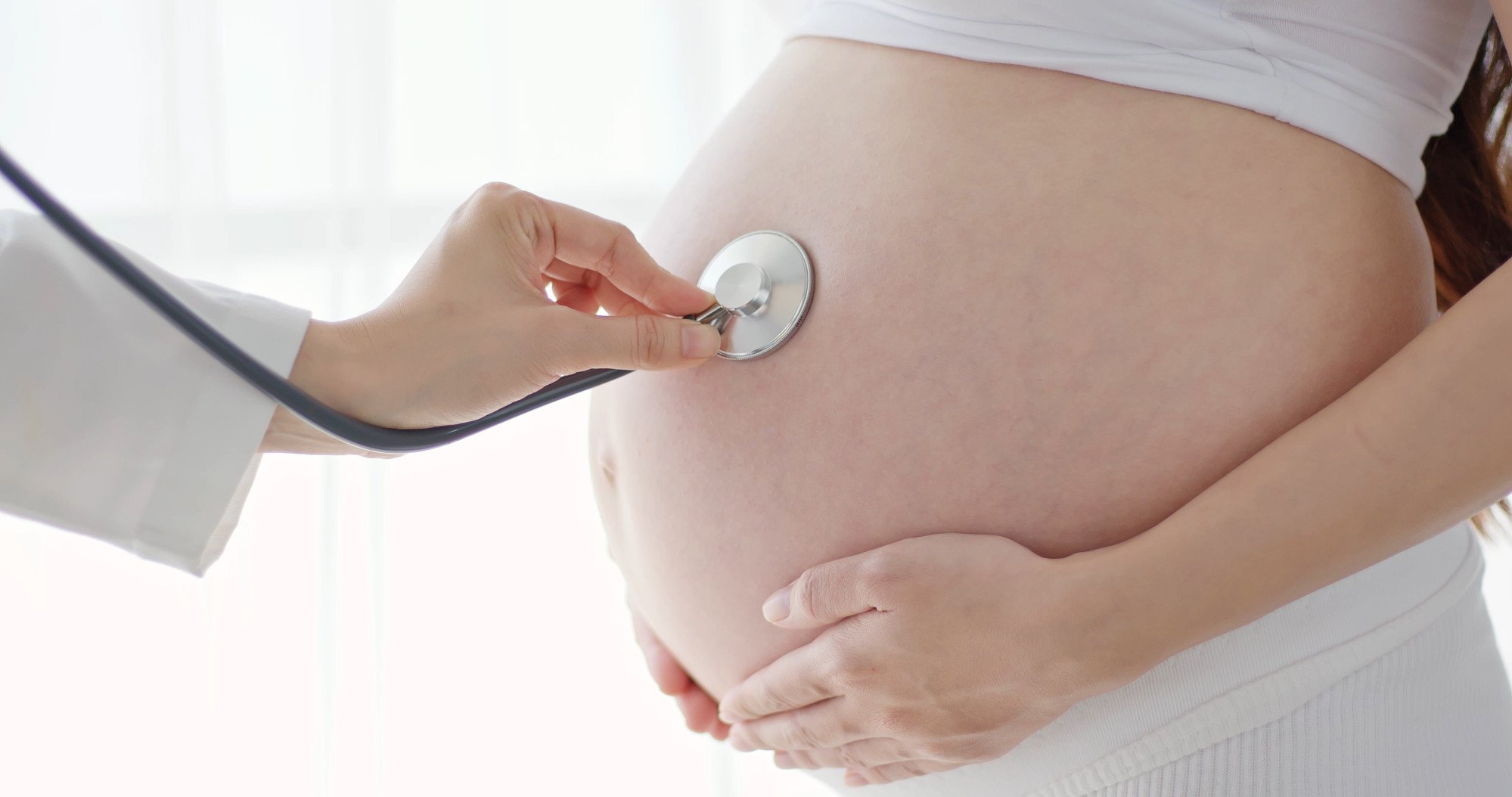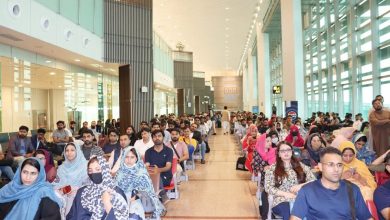Cash bonus, priority housing are welcome moves as Hong Kong bids to boost birth rate but parents are crying out for help in areas we need it most

Having a baby is expensive in Hong Kong and the expenses start from pregnancy, from the very first prenatal check.
Like many mothers in Hong Kong, I went for a private specialist for my regular prenatal appointments because check-ups offered through the public healthcare system were too few in number and relatively simple. Each private consultation cost more than HK$1,000, and I spent roughly HK$20,000 just on prenatal check-ups and tests.
There was also a long list of items to prepare for the arrival of the newborn – diapers, cot, high chair, breast pump and relevant accessories.
And even if you plan to breastfeed your baby without resorting to formula, as recommended by the World Health Organization, there are always some unexpected situations hindering you from doing so.
Storing women’s eggs to delay parenthood ‘wrong concept’: Hong Kong health chief
Storing women’s eggs to delay parenthood ‘wrong concept’: Hong Kong health chief
So you need to have baby milk formula ready on hand. Unfortunately, baby milk sold in Hong Kong is among the most expensive in the world, according to previous surveys, ranging from HK$200 to nearly HK$600 a tin.
Depending on the age of the child and the feeding practice, one can easily go through four to five tins of baby milk formula a month.

There are also other expenses often incurred by middle-class families: splashing out about HK$100,000 to give birth in a private hospital for a more comfortable stay.
For Chinese parents, it is also a tradition to hire a confinement nanny to care for mother and baby in the first month after birth, and that can set you back HK$20,000 to HK$50,000.
The HK$20,000 cash bonus is better than nothing. But even for mothers like me who did not choose a private hospital or hire a confinement nanny, it is clear the sum would not have covered all the necessary expenses.
Struggling Hong Kong mum, investors, newlyweds rate John Lee’s policy address
Struggling Hong Kong mum, investors, newlyweds rate John Lee’s policy address
The latest government measure of giving families with newborns priority to apply for a flat under the Home Ownership Scheme or for public housing sounds good on paper, but it does not help young families improve their living conditions quickly.
The queue remains long given the high demand for housing.
The measure will also not benefit people like me in the “sandwich class” with a family income slightly above the threshold for subsidised housing but still unable to afford to buy a flat in the private sector.
As my son Ben is already 15 months old, my husband and I have also been thinking about another child.
John Lee’s measures to boost Hong Kong birth rate still fall short, experts warn
John Lee’s measures to boost Hong Kong birth rate still fall short, experts warn
The decision not to have a baby could be predicated on more rational grounds, after weighing one’s finances, the crowded living conditions one has to accept and the generally glum mood on Hong Kong’s future.
For me, though, having another child is more about hoping to extend our love for babies, and hopefully both siblings can have in each other a companion without either becoming the little boss of the family.
Where the government can help is in introducing measures that can create a more childbearing-friendly environment.
One key change I was looking for but did not hear from Lee was longer statutory maternity and paternity leave.
6 key takeaways from Hong Kong leader John Lee’s policy address
6 key takeaways from Hong Kong leader John Lee’s policy address
Hong Kong currently offers a minimum of 14 weeks of maternity leave for new mothers and five days for new fathers, far behind the average of 20 weeks and 10 weeks respectively for Organisation for Economic Cooperation and Development countries.
The current length of leave is far from enough in getting new parents adjusted to their new roles.
Taking maternity leave as an example, mothers usually start it two to four weeks before their expected date of delivery, giving them only 10 to 12 weeks left after that.
By the time they return to work, the baby is under three months old – an age when frequent feeding still happens and waking up in the middle of the night is not unusual.
Parents are still very much sleep-deprived at this stage because of the intensive baby care, so returning to work in top shape is difficult for them.

Giving new fathers at least a month off could allow them to provide sufficient support to their partners during this major family change, and get them more involved in parenting, not leaving baby duties to the mother or reinforcing stereotypical gender roles.
I was fortunate I could take six months off from work, using up my personal leave as well, after I gave birth. I had time to care for my baby and felt more ready when I returned to work.
Welcoming a baby often comes with a slew of changes. As both my husband and I were working when my son arrived, and our extended family members were not able to offer regular help, we had no choice but to turn to a domestic helper.
As it happened: Hong Kong halves non-resident buyers’ stamp duty in policy address
As it happened: Hong Kong halves non-resident buyers’ stamp duty in policy address
It would be helpful if the government introduced a tax allowance or subsidy on hiring helpers for families with young children.
This would help relieve the financial burden of this extra expense, especially if both parents worked. A similar policy is in place in Singapore, where baby-friendly measures have been dubbed “the most comprehensive” in Asia.
Childbearing is an individual choice and no government policy can be the magic wand that boosts a city’s birth rate. Still, there is more the authorities can do to make parents’ child-raising journey that bit easier. Help us in areas where we need it most.





